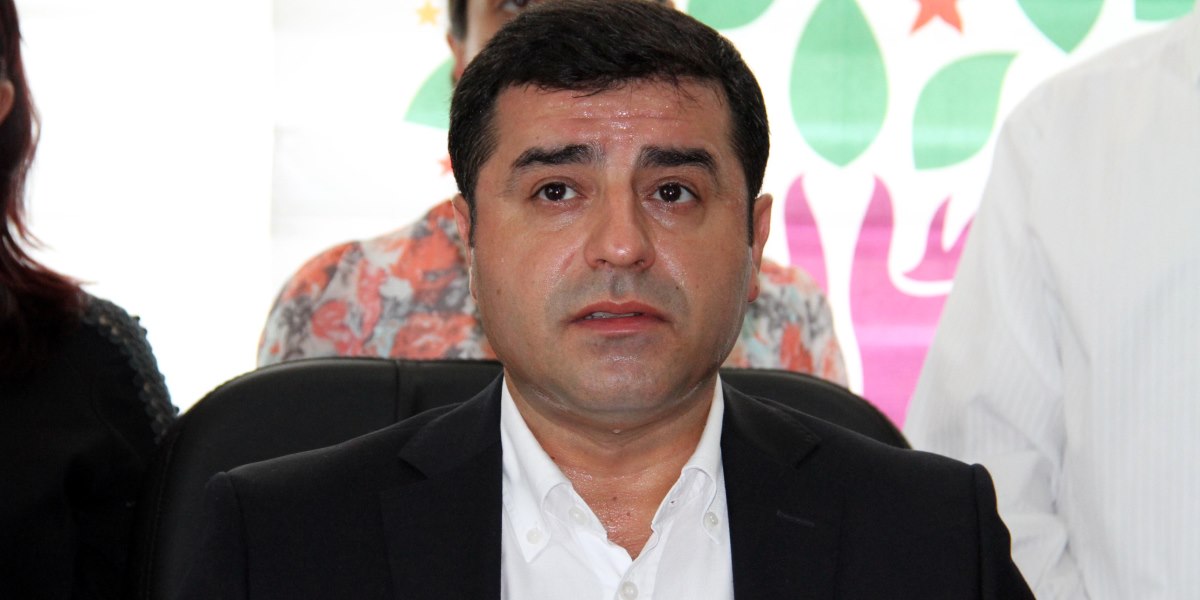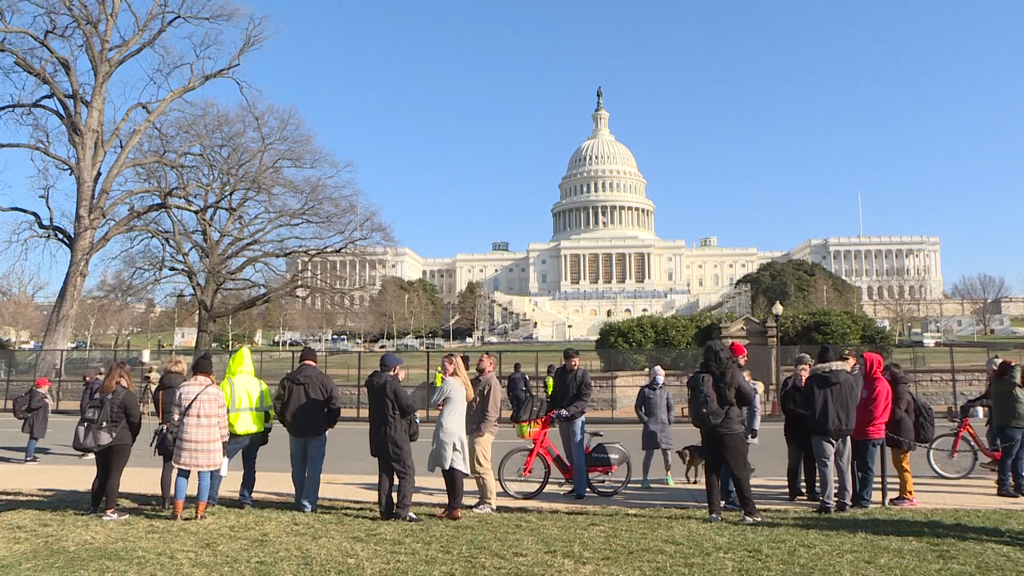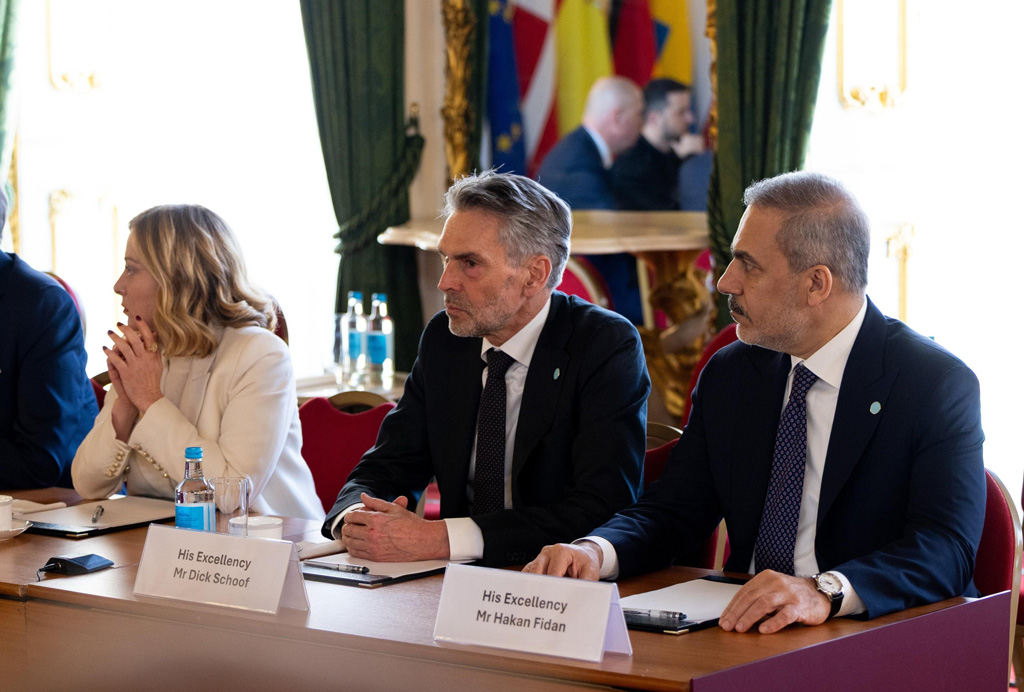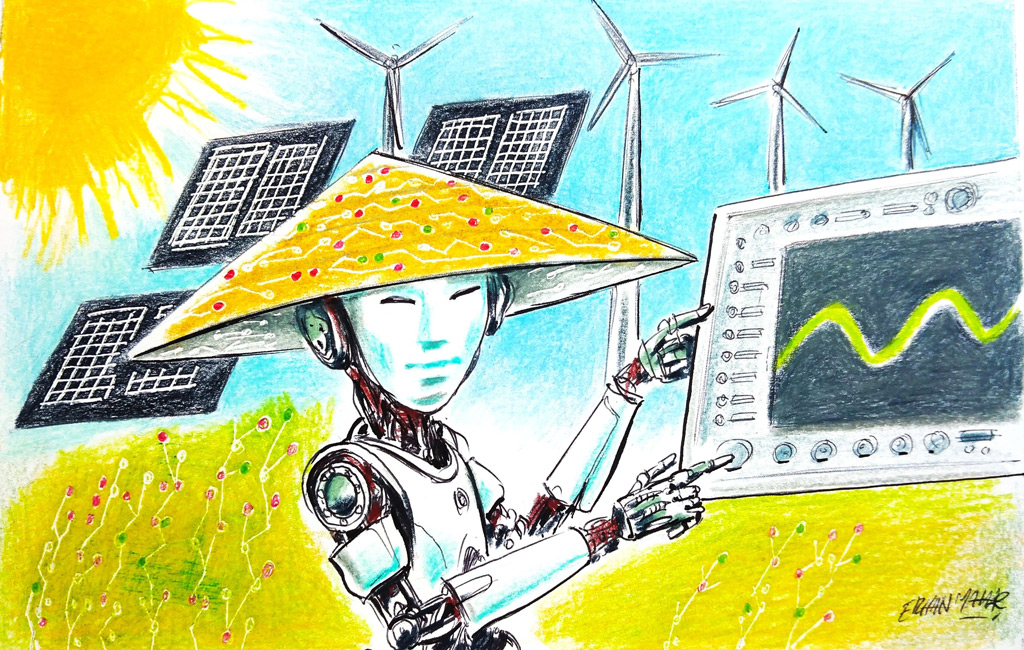The repression of the attempted coup through the nation's civil and democratic resistance is uniting the country's political dynamics. The clearest evidence of this can be found in two pictures of the Yenikapı rally. First is the great enthusiasm of the 5 million people who filled the rally grounds with flags. This means the re-molding of the national will. The second was the conversation between President Recep Tayyip Erdoğan, Parliament Speaker İsmail Kahraman, Justice and Development Party (AK Party) chairman and Prime Minister Binali Yıldırım and opposition party leaders before the rally. The speeches delivered at the rally set good examples of the unity of politics on common values in an extraordinary period.
Even Republican People's Party (CHP) Chairman Kemal Kılıçdaroğlu, who participated in the rally upon a second invitation, mentioned the concept "new Turkey." This reconciliation is an obligation that the nation imposes on politics. I am of the opinion that the CHP escaped being the loser of politics by taking up the right position after some hesitation.
On the night of July 15, Turkish society produced a new concept of patriotism that embraces their future. Indeed, this concept is the product of the political consciousness of a nation that is on the alert against operations in their own country. The new spirit of patriotism, which has high self-confidence and a critical view of the West, will be the main element shaping our political life in the upcoming period. Arguments that do not draw their legitimacy from the "Yenikapı spirit" will not have a chance to convince the population.
Certainly, the Peoples' Democratic Party (HDP) will be the most troubled political party in this period. It appears that the line of Kurdish nationalists, who adopted a "neither a coup, nor a civilian dictatorship" approach and failed to give a strong reaction to the attempted coup, will further shrink. Indeed, the beginning of broad political consensus that emerged in Yenikapı might be dated back to July 2015 when the PKK ended the reconciliation process. The HDP, which has claimed to occupy a democratizing function after the June 7, 2015 elections, proved in a short time that it failed in "Turkeyification" (Türkiyelileşme). It also failed to put distance between the PKK and itself. It preferred to be perceived as a proxy that worked with foreign powers in Turkey's survivability problem. It also made a crazy move to unite northern Syria with Turkey's southeastern provinces.
As the HDP has become rather marginal after the attempted coup, the PKK and Gülenist Terror Cult (FETÖ) have been identified as the two enemies for the country's security and future. The current threat represented by these two organizations, which seemed to be the enemies of each other at one time, constitutes the reactive level of the above mentioned concept of patriotism. This reaction broadens the ground of common feelings and discourse that unite political parties with the exception of the HDP. Moreover, it quickly moves the CHP's base from the HDP. One concrete indicator of this is the fact that Cemil Bayık, one of the founders of the PKK, ordered the PKK to conduct attacks on police in cities at a time when FETÖ-affiliated staff are being liquidated. Another one is that HDP Group Deputy Chairman İdris Baluken invited opposition leaders who participated in the Yenikapı rally to "stand guard in front of the Presidential Palace" and called Nationalist Movement Party (MHP) Chairman Bahçeli "Erdoğan's spare tire."
In fact, the HDP's actions between the June 7 and Nov. 1 elections paved the way for its political marginalization. With the re-escalation of PKK violence, HDP authorities began accusing the CHP and MHP, in addition to the AK Party, of uniting in an anti-Kurdish attitude. They maintained this rhetoric after July 15. This course of affairs is going toward a point where Kurdish nationalists will have nothing to say in Turkish politics and to AK Party opponents. Although the ruling party and opposition parties have formed a consensus on the concept of patriotism at the Yenikapı rally, the HDP is moving on a path where it consolidates the perception that it is the West's proxy among us.
The PKK and FETÖ's agreement on the aspiration of the West's pressure and intervention in Turkey is a kind of unprecedented double alienation. As Turkish society goes through a new "Turkeyification" process, the HDP becomes one of the original members of the losers club in the new period. Interestingly enough, it is joined by FETÖ.
[Daily Sabah, August 12, 2016]







